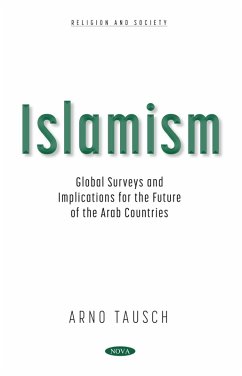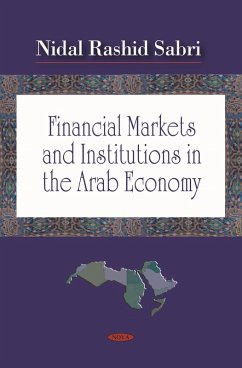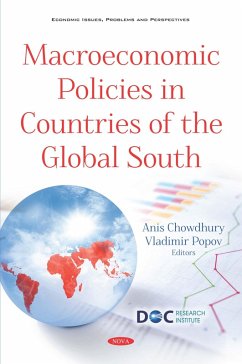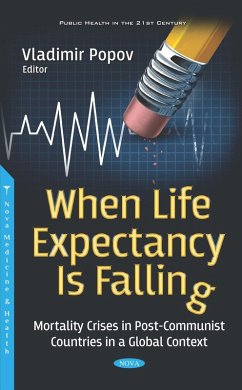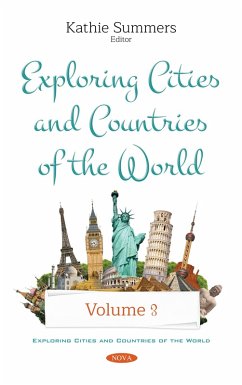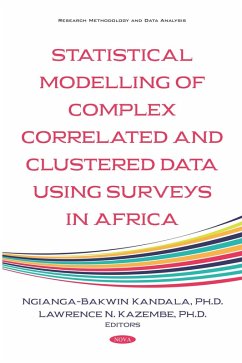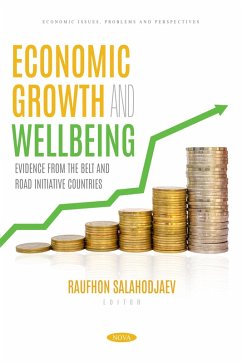This work is a collection of essays on Islamism and global opinion surveys, focusing on their implications for the future of Arab countries. Much of Western academia and the media still seem to be unable to come to terms with the real challenges posed by Islamism two decades after 9/11 and half a decade after the horrendous Paris 2015 terror attacks. What is at stake is the question of whether moderate Islamist political movements can and should be a partnered with the West. President Obama personally issued the Presidential Study Directive 11 (PSD-11) in 2010, ultimately concluding that the United States should shift from its longstanding policy of supporting "e;stability"e; in the Middle East and North Africa to a policy of backing moderate Islamic political movements. The present book squarely contradicts this perspective. Bassam Tibi maintains that only liberal Islam approves of democracy, while Islamism absolutely does not. The empirical basis of the book is based on estimates of the development of civil society in the Arab World by using comparative opinion survey data based on the evaluation of the World Values Survey and other global and regional surveys. Variables of trust, non-violence, gender justice and tolerance towards homosexuals indicate some of existing deficits in the development of civil societies in the region. Thus, Inglehart and Norris correctly foresaw that the real distinguishing parameter for Huntington's theory is not his opinion on democracy, but his societal opinion on gender issues. This perspective is followed up with an empirical analysis of the gender ideology of Islamism and its gender values, all based on World Values Survey data. Muslim feminism, which implies the rejection of Islamism and the veil, and the democracy movement in the Muslim world are closely interrelated. In a chapter on Islamism and anti-Semitism, the book identifies the extent of relationships between anti-Semitism, the current economic and social situation, religious data, and opinions on terrorism among the global Muslim society. Islamism is deeply connected to anti-Semitism. The book also explores which factors contribute to the approval of terroristic acts, measured by such variables as opinions on suicide bombing and the favorability of terrorist organizations such as Hamas and Hezbollah. The book shows how wrong it is to neglect the underlying ideological radicalism which characterizes the support of organizations such as the Muslim Brotherhood and its affiliates in the region. Along with most radicalized factions of Islamist terrorism, they share intense hatred of Jews and Free Masons and Western civilization. In a concluding chapter, the book analyzes globalization, the environment in the Arab World and the future "e;greening"e; of Arab politics.
Dieser Download kann aus rechtlichen Gründen nur mit Rechnungsadresse in A, B, BG, CY, CZ, D, DK, EW, E, FIN, F, GR, HR, H, IRL, I, LT, L, LR, M, NL, PL, P, R, S, SLO, SK ausgeliefert werden.

